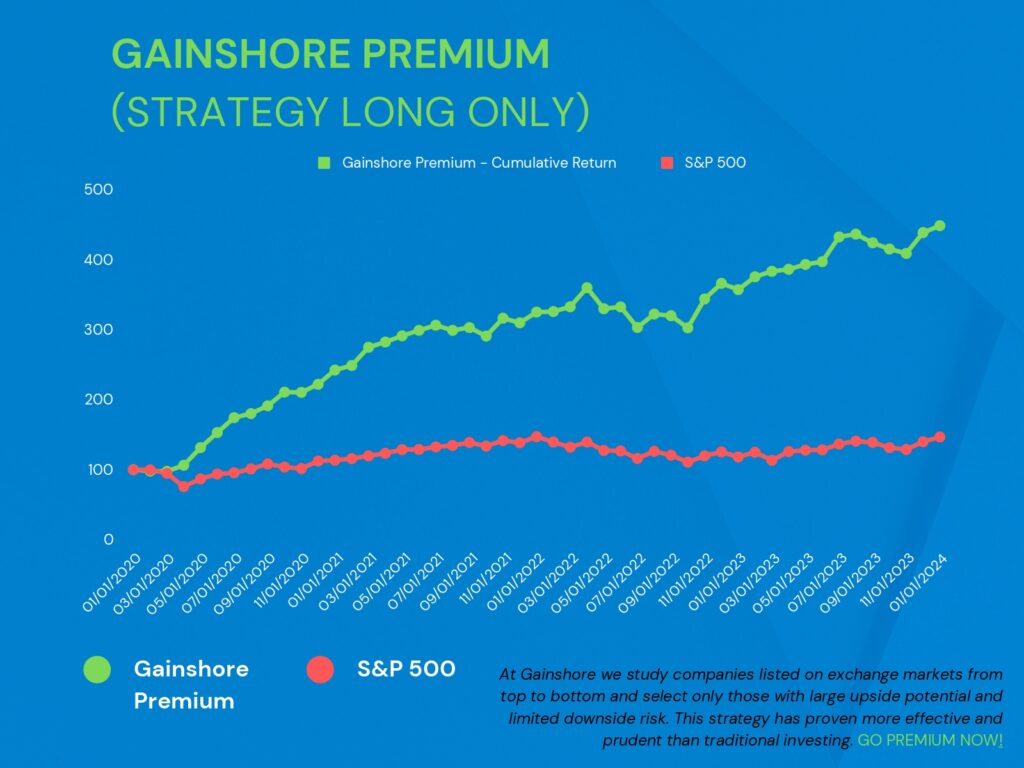Circular economy: a European case of excellence in electronics recycling
The Environmental Challenge and Economics of LCD TV and Monitor Recycling
In a world where the use of materials has become unsustainable, circular economy is being talked about a lot.
Between 1970 and 2017, the annual global extraction of raw materials more than tripled to 92 billion tonnes. As the global population is projected to significantly grow, global material use will more than double reaching 190 billion tonnes; here is why waste management plays an important role in the circular economy. Reducing the amount of waste generated, including through product design, product reuse and repair, favouring recycling (including through separate collection) and turning waste where possible into a resource will demand investment in waste prevention and reuse, collection and recycling infrastructures.
Votechnik is addressing some of the major sustainability challenges facing our planet: bringing back valuable raw materials into the supply chain through reverse manufacturing in an environmentally save and economically feasible manner. Votechnik focuses on deep technologies leading the way with the recycling infrastructure of the future.
Electronic waste (e–waste) is one of the fastest growing global waste streams, growing from 54 million tonnes in 2019 (= 5,500 Eiffel Towers) to more than 74 million tonnes by 2030. This is representing not only a significant environmental challenge but also a massive opportunity to bring valuable materials back into reuse. Critical raw materials such as plastics, iron, aluminium, zinc, copper, silver, gold, platinum, palladium, indium etc, estimated worth $57bn, can be found in e–waste. LCD TVs and flat panel displays (FPDs) make up about 12.5% of all e–waste, but also contain toxic substances such as mercury and liquid crystals in the glass panel. Manual dismantling is therefore required to separate these hazardous from valuable raw materials, a slow, expensive and potentially dangerous process to the operator.
Votechnik has recognised this problem and developed a ground–breaking automated platform technology to safely and rapidly depollute FPDs from hazardous components, allowing for the clean and safe extraction of valuable raw materials. Implemented in the patented and award winning ALR4000 processing plant, developed by Votechnik with support of the European Commission, recycling of FPDs can be performed profitably and without exposing workers or the facility to toxic mercury.
According to Lisa O’Donoghue, CEO and Founder of Votechnik, “The presence of such toxic material makes LCD TVs and Monitors challenging and labour intensive to safely dismantle and to separate hazardous from valuable raw materials.”
The manual dismantling time is typically more than 15 minutes per TV and more than 10 minutes per monitor, because the removal of mercury containing CCFL backlights is taking up much of this labour time. In contrast, the Votechnik ALR4000 automatically separates the backlights and liquid crystal panels at a rate of 1 unit/minute, reducing the labour cost component for the dismantling operation considerably. Labour cost, rather than commodity prices, has been shown to be the most significant component when assessing the profitability of LCD and FPD recycling: a 20% reduction of the labour cost can make this process substantially profitable for an average e–waste recycling facility.
Votechnik is now rolling out the game changing ALR4000 to e–waste processing sites in Europe and North America, building the infrastructure towards a circular economy. The ALR4000 can reduce total labour cost by up to 80%, making LCD TV and FPD recycling an attractive business opportunity. In fact, each ALR4000 can generate more than €600,000 of income for a recycling operator per year, enabling the liberation of steel, plastic, aluminium, and printed circuit boards containing precious metals such copper, gold, silver and palladium, while preventing the emission of more than 8kg of mercury and 1,100kg of liquid crystals.
Votechnik operates in markets where the following solutions are required:
- Waste electronics
- Display recycling
- Photovoltaics recycling
- Batteries recycling
- Recovery of mine tailings
- By-products reuse
- Recovering critical raw materials
- Developing business models for circular economy.
Dr. Lisa O’Donoghue, founder and CEO of Votechnik.







